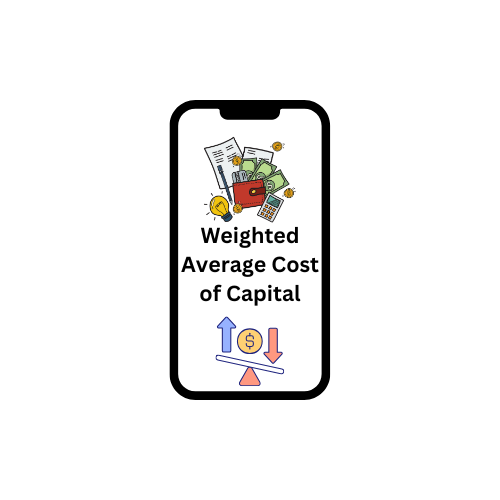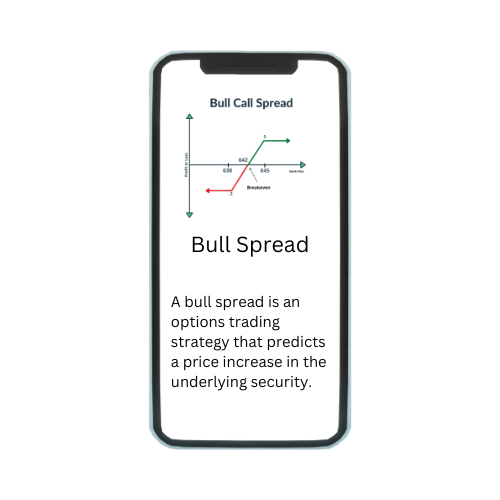Share repurchase, also known as a stock buyback, is the process where a company buys back its own shares from the open market. This reduces the number of shares outstanding and can increase the earnings per share (EPS), potentially boosting the stock price. Companies may repurchase shares to return excess cash to shareholders, signal confidence in their stock, or offset dilution from stock options. Share repurchases offer tax advantages over dividends and are often viewed as a positive signal to the market. However, they also carry risks, such as the potential for inefficient capital use or increased debt.
Reasons for Share Repurchase:
- Increase Earnings Per Share (EPS): By reducing the number of shares outstanding, the company increases its earnings per share (EPS), assuming profits remain constant. This can make the company appear more profitable to investors, potentially boosting the stock price.
- Return Capital to Shareholders: Instead of paying dividends, companies may repurchase shares as a way to return surplus cash to shareholders. This can be more tax-efficient than paying dividends, especially if the shareholders are subject to high tax rates on dividends.
- Signal of Confidence: When a company repurchases its shares, it may be signaling to the market that it has confidence in its future prospects. It suggests that the management believes the company’s stock is undervalued and a good investment.
- Offset Dilution: Companies that issue stock options or convertible securities to employees may buy back shares to offset the dilution caused by these new shares entering the market. This ensures that the ownership percentage of existing shareholders is not reduced.
- Improvement of Capital Structure: A company may use share repurchases to optimize its capital structure by increasing the proportion of debt and equity. This can lead to higher returns on equity (ROE) and other performance metrics.
How Share Repurchase Works:
- Open Market Repurchase: The company buys its shares from the open market at the current market price. This is the most common form of share repurchase.
- Tender Offer: The company offers to buy back shares at a specified price, often at a premium to the current market price, to incentivize shareholders to sell their shares back to the company.
- Dutch Auction: A variation of the tender offer, where the company offers to repurchase shares within a specified price range, and shareholders can decide to sell at the price they are willing to accept.
- Private Negotiated Purchases: The company buys shares directly from a major shareholder, often in large quantities.
Advantages of Share Repurchase:
- Boosts Stock Price: Reducing the number of shares in circulation can increase the stock price, benefiting existing shareholders.
- Flexibility: Repurchases are more flexible than dividends because the company can choose when and how much to buy back, and there is no obligation to continue repurchasing shares in the future.
- Tax Efficiency: Share buybacks are often more tax-efficient than dividends since capital gains taxes (on any increase in stock price) are usually lower than taxes on dividend income.
- Signaling Effect: A repurchase can indicate to the market that the company’s management believes its shares are undervalued, which can improve investor sentiment.
Disadvantages of Share Repurchase:
- Missed Investment Opportunities: The money used for share buybacks could have been invested in other profitable projects or initiatives, such as research and development, acquisitions, or debt reduction.
- Debt Financing: Some companies take on debt to fund share repurchases, which can increase financial leverage and risk, especially in uncertain economic conditions.
- Market Timing Risk: If the company buys back shares when the stock price is high, it may not be the most efficient use of capital, and it could be seen as poor judgment by investors.
- Short-Term Focus: Share repurchases may provide short-term stock price gains but do little for long-term growth if the company fails to reinvest in its core business.
Impact on Financial Metrics:
- Earnings Per Share (EPS): Since the number of shares outstanding decreases, the EPS figure typically increases, which can improve the company’s attractiveness to investors.
- Return on Equity (ROE): With fewer shares outstanding and the same level of equity, the return on equity (ROE) can improve.
- Shareholder Value: Share repurchases can enhance shareholder value, especially if the company’s shares are undervalued.
Regulations:
In many countries, including the U.S. and India, share repurchase programs are regulated to ensure that companies do not manipulate the stock market. In India, for example, the Securities and Exchange Board of India (SEBI) has laid down rules regarding the timing, disclosure, and limits on repurchase programs.
Conclusion:
Share repurchase is a financial strategy used by companies to return cash to shareholders, reduce the number of shares in circulation, and improve key financial metrics like EPS and ROE. While it offers several benefits, such as boosting shareholder value and providing tax efficiency, it also carries risks, such as using capital inefficiently or taking on more debt. Companies need to carefully consider their reasons for repurchasing shares and ensure that it aligns with long-term growth strategies.







